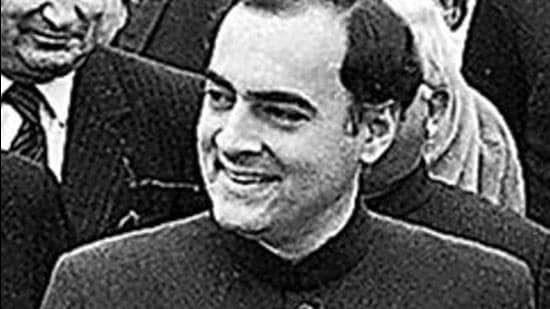30 years later, the life and legacy of Rajiv Gandhi
He had seen both his grandfather and mother as PMs and grown up in a political home — yet he maintained a distinct professional identity as a pilot and attempted to live a regular urban upper middle class life, till his brother, Sanjay Gandhi’s air crash altered the trajectory of his family and Indian politics
Rajiv Gandhi was an unusual Indian politician. He had seen both his grandfather and mother as prime ministers and grown up in a political home — yet he maintained a distinct professional identity as a pilot and attempted to live a regular urban upper middle class life, till his brother, Sanjay Gandhi’s air crash altered the trajectory of his family and Indian politics. Responding to the call of his mother, Indira, over the objections of his wife, Sonia, Rajiv Gandhi entered politics — only to become prime minister within three years, as his mother fell to assassins.

This distinct background lent Rajiv Gandhi a fresh perspective when he swept to power. His historic 1985 address to the Congress, during its centenary, was a blistering critique of the way the party functioned (and it may not be coincidence that Rahul Gandhi is similarly ambivalent about his party’s political culture). He brought in technology to governance, empowered panchayati raj institutions, engineered domestic peace agreements, shepherded a rapprochement with China, promoted education for the marginalised, and mentored a generation of young leaders and technocrats who continue to play a role in Indian public life. But eventually, Rajiv Gandhi got ensnared in the same political culture he so disapproved. He practised identity politics with disastrous consequences (Shah Bano being the most obvious example), mishandled Kashmir (the scars of the rigged 1987 elections are still present), got accused of corruption (which, to be fair, never got proven in the case of Bofors but left questions about his political judgment), and led India into a disastrous military conflict in trying to keep peace in Sri Lanka, with tragic consequences.
Rajiv Gandhi’s assassination on May 21,1991 was a national tragedy. To be true to his legacy, India must never allow terrorism to win, even as his party must build on his commitment to modernity and grassroots democracy.
All Access.
One Subscription.
Get 360° coverage—from daily headlines
to 100 year archives.



HT App & Website







